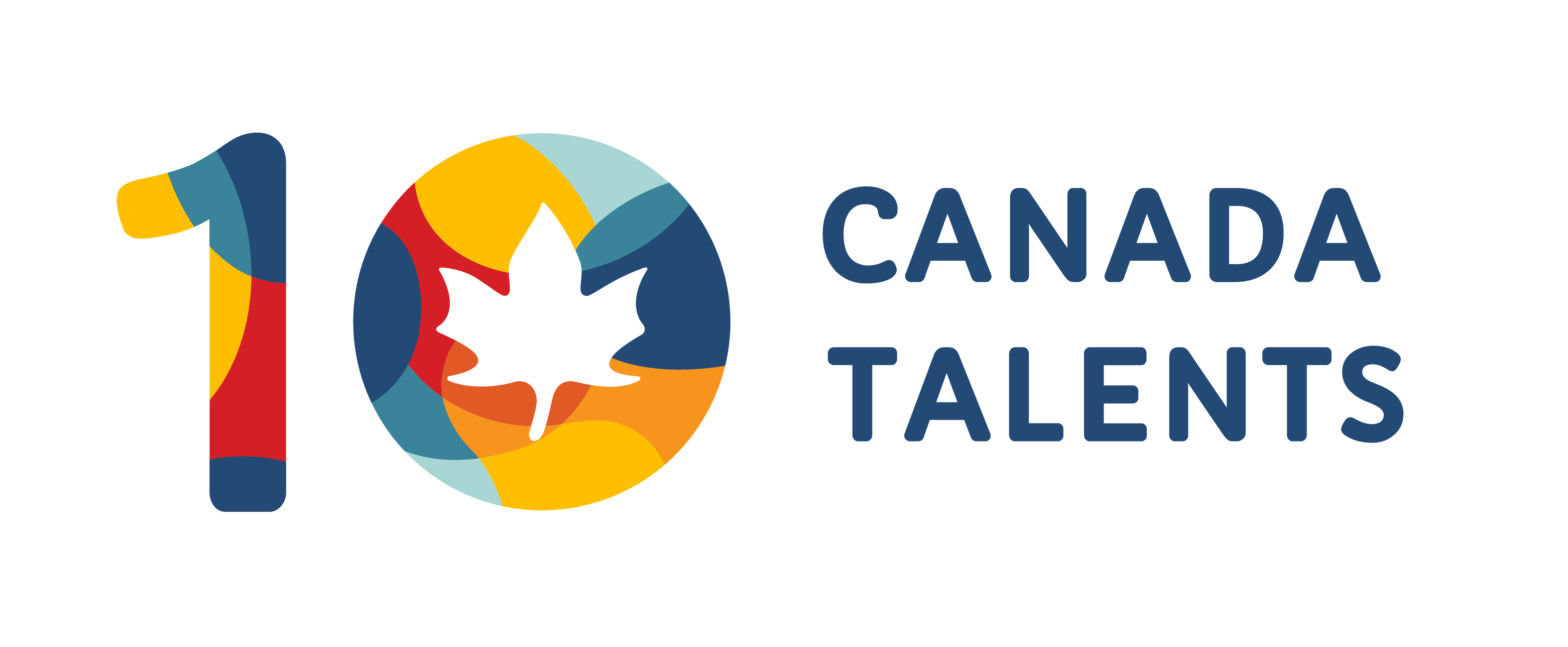Culture is everywhere around us, and it is an embedded part of each of us. We cannot change a culture, but we can choose to express it or not, to dim it down or to proudly show it off.
In the modern world, we define culture based on many aspects like food, education, societal behaviours, music, actors, artists and much more. With time, the sum of all daily actions within a society creates its values. These actions are an expression of our thoughts and beliefs. To understand what the Canadian values are, we have to dive deep into what Canada is built from.
We found that Canadian society is articulated around 7 major values, expressed at home, at work, and in any social interactions. They are all rooted in the notion of deep respect.
Egalitarianism
In Canada, everyone is equal, no matter your gender, race, look, age, beliefs, or even your sexual orientation or immigration status. The Charter of Rights and Freedoms was created in 1982 to develop a social environment aligned with Canadian values.
For example, Canada was one of the first countries to legalize same-sex marriage, and Canadian laws protect the rights of the LGBTQ+ community.
In the professional world, this equal opportunity policy means that you should not display your picture, your age or your marital status on your resume. During an interview, employers are usually not allowed to ask you questions regarding these topics.
Community
Canada is built around different cultures, either native or foreign. As a matter of fact, each one of us brings our own culture and traditions to Canada, with the same goal: to build a community together; a society that will celebrate our differences while bringing us together through our similarities.
Despite being individualistic in some personal aspects, Canadians are fully aware of their responsibility in the community. It is a priority to be involved by donating and volunteering for the betterment of society. It builds a sense of pride and accomplishment for general well-being.
Politeness
Canadians are polite, and they like it. You will see them waiting for the bus in line. They will apologize if you bump into them. They will hold the door for strangers. In the end, they are looking to create a welcoming and happy environment for everyone.
In the work environment, this will be translated as a soft approach to a different point of view through various methods. The main one is the Sandwich method.
Some foreigners perceive this as a lack of honesty or feedback. In reality, the more you will be connected to a Canadian, the more you will get honest feedback. They will stop when they sense they might create a potential conflict.
Punctuality
Time is universal, but its perception can differ in every culture. In Canada, being on time is highly valued and perceived as a sign of respect. From coast to coast, you are expected to be 5 to 10 minutes early or, at least, on time. The West Coast tends to be more flexible and allows you to be 5 minutes late for a meeting, but don’t make a habit out of it. If you are late, be ready to offer some donuts to your team!
In the work environment, deadlines are significant and demonstrate your commitment: respecting your deadlines will show your integrity. In the meantime, if you have tried your best, it is often acceptable to go home after 5 or 6 pm and change your deadline.
Note that these rules differ a lot depending on the cultural background of your manager.
You can read more about it here.
Informality
On the West coast, Canadians are not very class-conscious, and they value work-life balance. Unless you are working in a bank or a law office, you will realize that Canadians are not very formal. The dress code is usually informal to casual. The language used by your colleagues and managers will typically be set on a first name basis and very casual, whatever the seniority. For the first approach, stick to a title with the last name. They will often ask you to use their first name. Small talks about cheerful or neutral aspects of your life are very common on Monday mornings.
In the management aspect, it reduces the perception of hierarchy in companies. Of course, hierarchy exists but respect is given to everyone equally in the workspace.
Harmony
Canadians expect you to be politically correct. By all means, do not express any point of view that could exclude, marginalize or discriminate against any group or community. Everyone has to take care of creating harmony for Canadians and future Canadians.
For example, Canada started a national reconciliation process in 2008, to acknowledge the fact that First Nations were ousted from their land during the construction of Canada.
Canadians avoid conflicts by all means. They want to create a peaceful future for everyone. In the workspace, if you disagree, do it with tact and diplomacy. First, share the positive side of what was said, then express your point of view. In any case, do not interrupt someone who is talking, because this is seen as hugely disrespectful.
Environmental Consciousness
Canadians love their rich and beautiful environment. As the second-largest country in the world, Canadians have a deep-seated link with nature and their surroundings. They will respect that by maintaining parks and open spaces clean, and adopting their sustainable policies.
But you have to be aware that sustainability is practiced differently in each country. Canada is close to the USA, and we are still in a large consumerist society. You will notice an environmental awareness in the workplace, whereas the day-to-day impact on Canadian society still holds some paradoxes.
Integrating and keeping all of these values in mind may seem overwhelming. Fortunately, each of our events enables you to learn more and practice.


